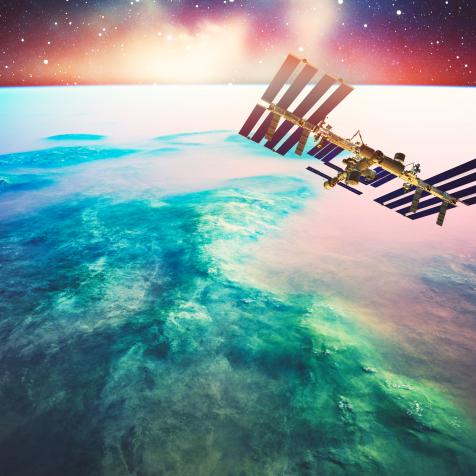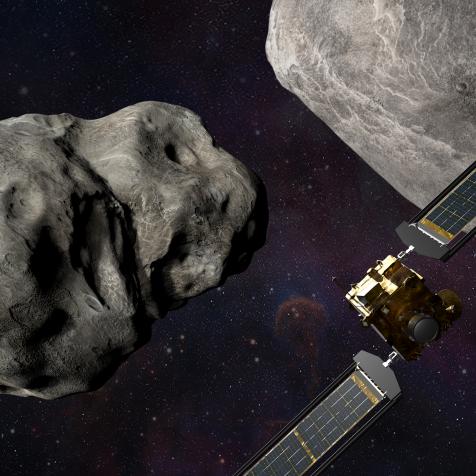
simonbradfield
Want to Name a Planet? Now’s Your Chance

Read on to learn about this rare opportunity to name a distant world observed by the James Webb Telescope.
To start this story out I need to tell you about a very popular scam. Do you know those online sites that let you name a star after your significant other or your kid or your dog for a small fee? Yeah, those are total scams. They’re all fake – you could pay me to “name” a star for fifty bucks, and I’ll take your money and write the name on a little scrap of paper and keep it on my desk. I’ll even send you a fancy certificate! Technically you’ve named a star, but it just doesn’t count.
The only organization that astronomers, governments, and other space professionals look to for official naming rights is the International Astronomical Union, or the IAU, an organization founded in 1919 and based in Paris, France. They are the official record-keeping body for all things celestial, and while they are always open to suggestions they most certainly can’t be paid off.
And they’ve recently opened up the opportunity for the public to offer those suggestions for a batch of twenty exoplanets (planets outside the solar system) together with the host stars of those planets.
These exoplanets currently only have boring, complicated, automatically generated catalog designations based on the surveys that were used to find them, but the IAU is looking for something a little snazzier. These worlds are special because they will be among the first to be studied with the James Webb Space Telescope, which will reveal tons of information about their atmospheres (including any potential signs of life).
But before you start your submission of “Planet McPlanetface” you should know that there are some rules. First, nothing vulgar or offensive. Second, the name should preferably be less than 16 characters long, and pronounceable in at least one language (a real-life language, not Klingon). No commercial or business names and nothing is named after a living individual or pet.
Second, you’re going to have to work for it a little bit. In addition to the name itself, the IAU wants you to get together with some community friends and propose an outreach event centering around your proposed name and the science of exoplanets. So, for example, if you want to host a slam-poetry night with a theme of exoplanets and your favorite (deceased) poet, the IAU is all ears.
The competition, named appropriately enough “NameExoWorlds 2022,” is open through November 11th. It’s the third such contest the IAU has held, and the purpose of these competitions is to get the public more interested and engaged with the science embodied by the organization. They are also working to correct centuries of European domination when it comes to naming things in the night sky. All the official IAU constellations, for example, trace their origins to European traditions, even though cultures around the world see the same sky. So the NameExoWorlds contest allows people around the world to share in the joy of discovery and make their mark in history.


















